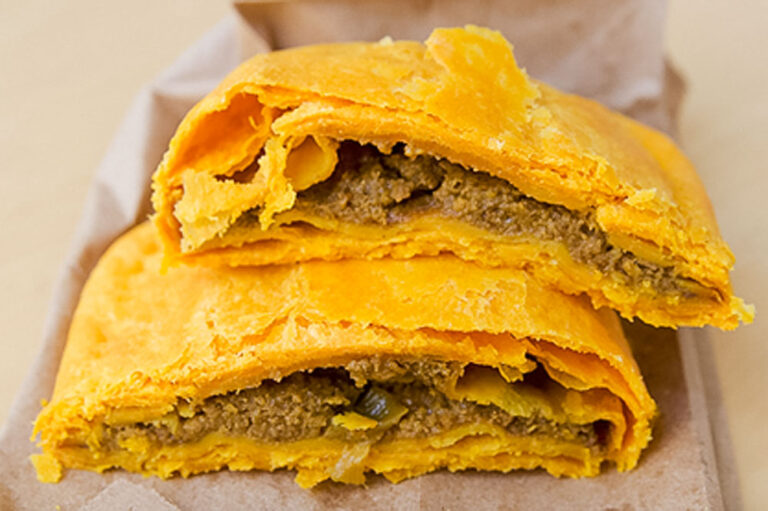Introduction: Jamaican Rastafarian culture
Jamaican Rastafarian culture is a religious movement that originated in Jamaica in the 1930s. It is characterized by a belief in the divinity of Emperor Haile Selassie I of Ethiopia, and a rejection of Western society and its values. Rastafarianism has had a significant impact on Jamaican culture, particularly in the areas of music, fashion and cuisine.
Ingredients and dishes: traditional Jamaican cuisine
Traditional Jamaican cuisine is a fusion of African, European and indigenous Caribbean ingredients and cooking techniques. Some of the most popular Jamaican dishes include jerk chicken, curried goat, ackee and saltfish, and rice and peas. Jamaican cuisine is characterized by its use of bold spices and seasonings such as scotch bonnet peppers, allspice, ginger and thyme.
Rastafarianism and vegetarianism: Ital food
Rastafarianism places a strong emphasis on a vegetarian diet, known as Ital food. Ital food is considered to be pure and natural, and is based on the belief that food should be consumed in its most natural state, without additives or preservatives. Rastafarians believe that a vegetarian diet is more in line with their spiritual beliefs and helps to promote physical and mental health.
Influence of Rastafarianism on Jamaican cuisine
The influence of Rastafarianism on Jamaican cuisine can be seen in the increasing popularity of vegetarian and vegan dishes. Many Jamaican restaurants now offer a range of vegetarian and vegan options, including tofu dishes and meat substitutes made from jackfruit. Rastafarians have also popularized the use of natural sweeteners such as agave and coconut sugar, as well as whole grains and legumes.
The use of herbs and spices in Rastafarian cooking
Rastafarian cooking places a strong emphasis on the use of herbs and spices for both flavor and medicinal purposes. Some of the most common herbs used in Rastafarian cooking include basil, bay leaves, rosemary and thyme. Spices such as allspice and ginger are also commonly used to add flavor to dishes. Rastafarians believe that these herbs and spices have healing properties and can help to promote physical and mental well-being.
Conclusion: Jamaican Rastafarian cuisine today
Today, Jamaican Rastafarian cuisine is a fusion of traditional Jamaican dishes and vegetarian and vegan options inspired by Ital food. The use of natural sweeteners and whole grains has become increasingly popular, and the use of herbs and spices for both flavor and medicinal purposes is a hallmark of Rastafarian cooking. The influence of Rastafarianism on Jamaican cuisine continues to shape the culinary landscape of Jamaica and beyond.

